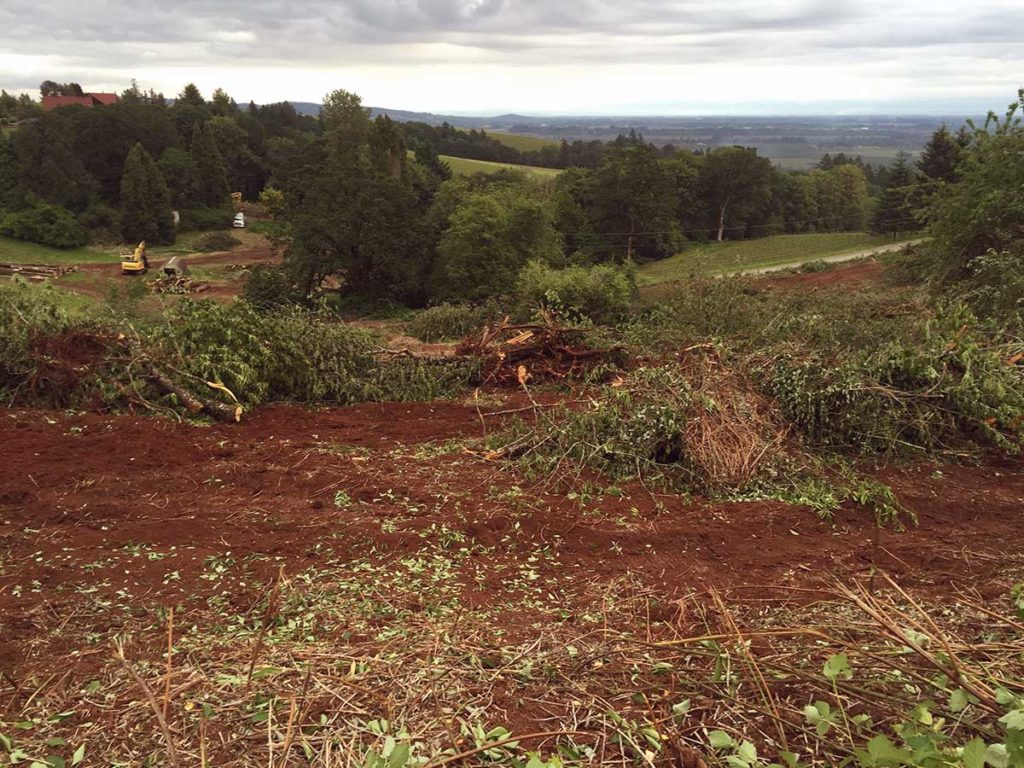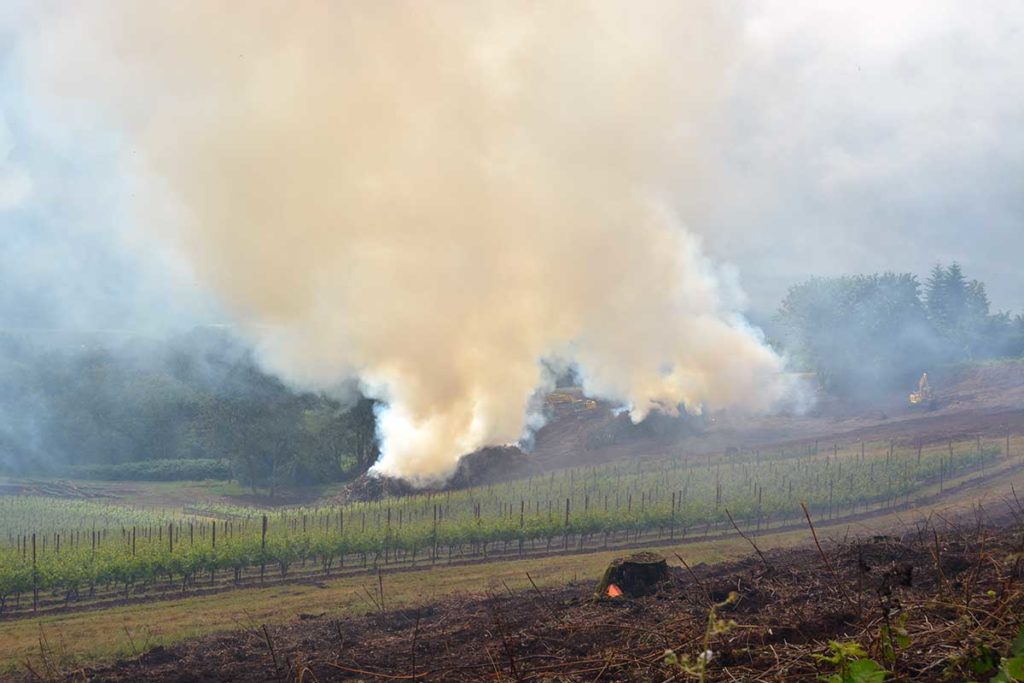My Comrades and Kin,
As we revel in the gifts of spring, watching the vineyards push first growth, I beg your attention for a moment of community around our shared love for this land, for this earth.
Many of you pledged your name to an agreement we have named The Oak Accord. The nature of this document aligns tightly with the grassroots spirit of how the first winegrowers built the foundations of the tradition of Oregon wine. A document outside of the law, The Accord is a covenant, our names as our words, our promise.
As stewards we pledged to protect and restore oak woodlands and savannah to establish a vision of vineyard management in which healthy, perpetual habitat coexists with, and is supported by, working lands.
For the Accord to live, we must focus on the fine detail of this agreement. Titles must be short and iconic. Our promise, and our great challenge, lies in the word habitat, which encompasses much more than avoiding harming oak.
These habitats, which include woodland, prairie, and everything in between, are the ecological frameworks, the rough-in of our terroir. How these habitats formed and the subtle differences between them are the visual signs of nuance in place. Oaks, alone, can only stand in stoic despair as these nuances are stripped away by our farming. Their lives will be shorter, lacking the layers of supporting characters, unable to connect and communicate. Regeneration of a system that has health, beauty and permanence requires participation at every biological level.
It would certainly be easier to take a single species approach to conservation. We do not have this luxury. We must not shrink from this challenge, if we care for the generations who will follow in our footprints, be they deep and lasting, or light and nurturing. We make this choice. Doing nothing is an action and a choice.

Between 2012 and 2017, Oregon lost 340,000 acres of farmland to other uses. In spite of farmland being abandoned to other uses, habitat continues to fall in the name of more Oregon wine. Where land is taken down past its very bones, the boulders lining the low trenches, for more acres of grapes, is this just? In our hearts, do we believe this industry must expand unchecked at the exclusion of all else?

Name. Promise. Alone, these words are some of the most powerful in our language. Together, they should be sacrosanct. These pictures represent how we are, how we may, live our promises, by our very names.
Your wines can tell any story. Your roots can learn secrets untold and spin them out in vinous ecstasy. Oak, maple, madrone, rose, ocean spray, serviceberry, piggyback plant, strawberry. What lived where you live? How many layers supported how many layers?
So, what’s in a name? As a species (our own) that has stepped conspicuously ouside of its place in the food chain, what’s in a name may be meaning. Using one’s name is as powerful as learning a name. My life was permanently changed the first time I learned the name of a plant. Quercus, Acer, Arbutus, Rosa, Holodiscus, Amelanchier, Tellima, Fragaria. I had to learn them all. I had to learn the insects, the rotifers, the fungi.
Honor thy name. Go learn the names of those in your care.